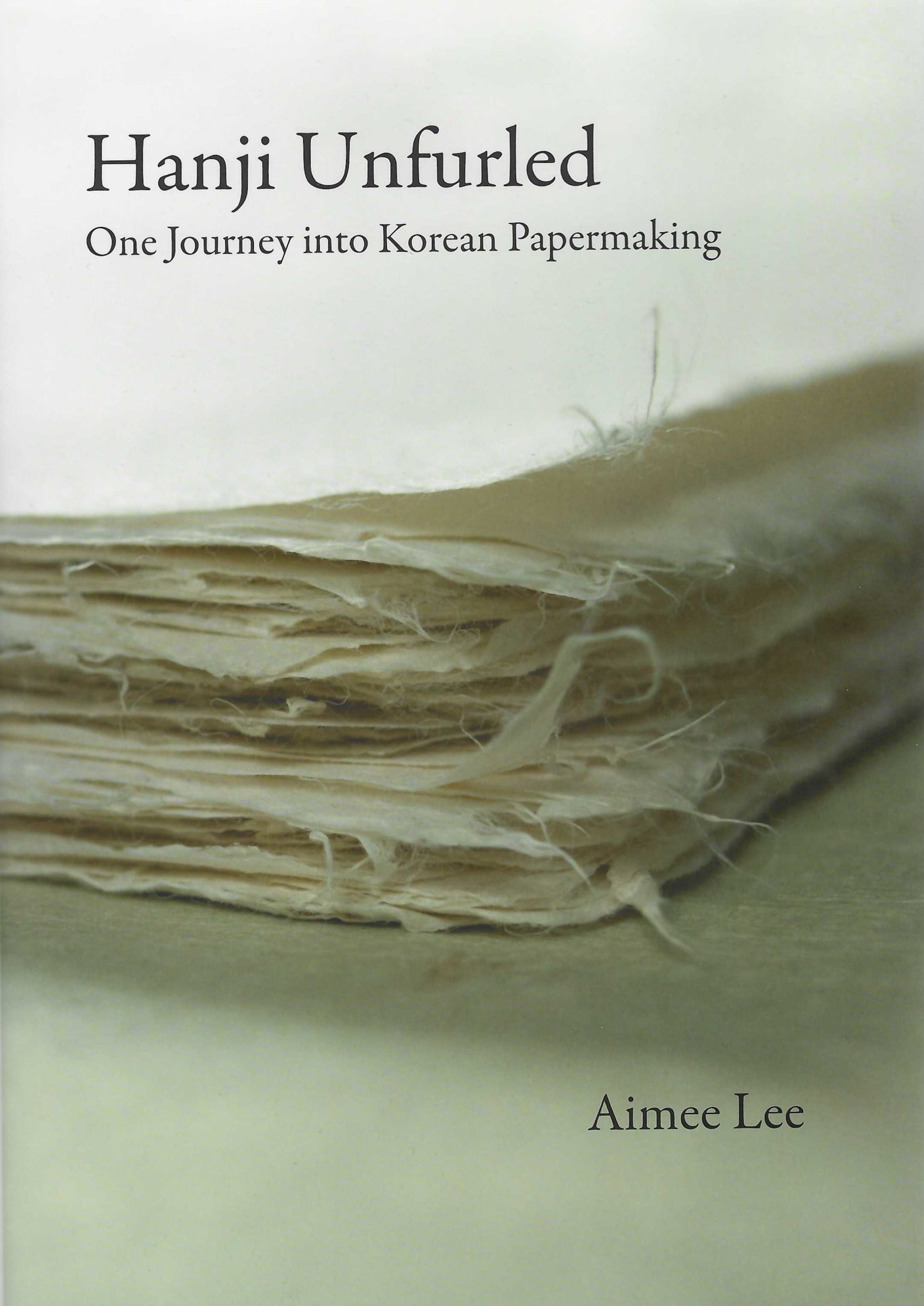With a history of well over 1,500 years, Korean handmade paper, known as hanji, is familiar to Koreans but a mystery outside its home country. This lustrous paper that comes in a wide array of thickness, color, dimension, and translucency was once a coveted item inside and beyond Korean borders. Made by farmers and artisans during bitter cold winters, hanji was a noble marker of the literati who demanded high-quality paper for books, documents, calligraphy, and painting. Hanji also played a sacred role as the support for illuminated sutras, the body of temple decorations, and spirit of rituals where it was burned in hopes that its ashes would rise to the sky. Fashioned into objects that ranged from kites to armor to shrouds to chamber pots, there was seemingly no end to the possibilities of the combination of human ingenuity and paper through the transformation of natural fibers, until forces of history and industrialization collided and left this once-celebrated substrate and its related craft practices near extinction.
In this first English-language book about hanji, Aimee Lee shares her experience as a Korean–American artist and Fulbright fellow on her search for a traditional Korean papermaking teacher. Of the handful of American hanji researchers, she is the only one to have interacted with Koreans in their own language while simultaneously learning the craft. This book follows her journey as she met papermakers, scholars, and artists from bustling cities to traditional Korean villages to Buddhist temples to island outposts. Not only did she encounter the few remaining papermakers who still practice webal tteugi, the indigenous Korean sheet-formation method, but she found teachers of a whole array of allied crafts that include jiseung—cording and weaving hanji, joomchi—texturing and felting hanji, natural dyeing, and calligraphy. She traveled from the studios of living treasures to the homes of ordinary Koreans, illuminating an often-misunderstood culture through stories from its keepers of traditional heritage.
